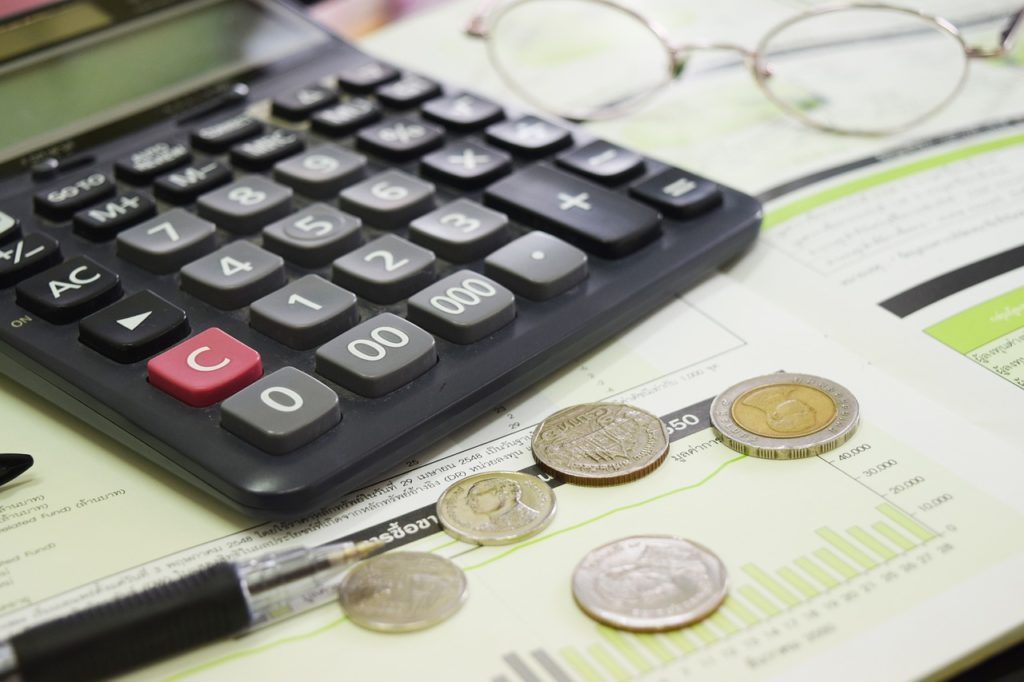Economic abuse is a common but frequently disregarded aspect of domestic abuse -a silent source of coercion, control, and dependency. Recognised under the Domestic Abuse Act 2021, it takes on subtle forms, manipulating a victim’s finances and seizing control over crucial resources, perpetuating a cycle of vulnerability and entrapment.
You can find further information about the difference types of domestic abuse on our 10 signs of an unhealthy relationship page.
Economic abuse and financial abuse
Economic abuse is much further reaching than financial abuse alone. The term “economic abuse” refers to the various ways in which a perpetrator of domestic abuse manipulates a victim’s financial circumstances using things such as employment, housing, and transportation – not just controlling their money.
The dynamics of economic abuse
Economic abuse is a web of coercive practises that goes well beyond financial control. It includes a number of tactics employed by the abuser to maintain dominance and restrict autonomy:
Control over income and resources
- Restricting employment opportunities: Preventing the victim from pursuing education or employment, or imposing restrictions on working hours.
- Taking Charge of Finances: withholding benefits, denying access to bank accounts, or seizing wages.
- Exploiting Financial Vulnerabilities: Misusing joint bank accounts or refusing a victim access to their bank account, accumulating debt in a victim’s name without consent, or coercing the victim to bear financial burdens such as taking out loans.
Restriction of Financial Autonomy
Economic abusers exercise dictatorial control over spending and ownership, curbing the victim’s financial autonomy through:
- Micromanaging Finances: Dictating how and when money should be spent, monitoring receipts, and demanding justifications for purchases.
- Imposing Allowances: Requiring the victim to seek permission or provide an allowance for essential expenses.
- Secrecy and Control of Assets: Insisting that all assets, including savings and property, be solely in the abuser’s name, or concealing financial information.
Exploitation and Sabotage
Abusers exploit vulnerabilities and intentionally sabotage economic stability by:
- Stealing and Damaging Property: Theft or destruction of belongings, causing financial harm.
- Refusing Contribution to Household Costs: Deciding not to contribute to shared expenses, leaving all bills for their victim to pay, and so leaving the victim financially burdened.
- Forcing Debt and Financial Dependence: Building up debt in the victim’s name, limiting access to resources crucial for independence.
Repercussions and Recovery
Economic abuse inflicts enduring scars, disrupting lives long after the relationship ends. Survivors often find themselves grappling with monumental challenges:
- Financial Instability: Departing with minimal resources, laden with debts, and facing compromised credit ratings.
- Persistent Vulnerability: Struggling to regain a financial footing, maintain savings, or secure economic stability.
Recovery from economic abuse demands comprehensive support—financial, emotional, and legal. It necessitates eradicating debt burdens, rebuilding credit scores, and empowering survivors to reclaim financial independence.
Are you worried that someone you know might be experiencing domestic abuse? Find out how to support those experiencing abuse on our Supporting someone page.
Conclusion
Economic abuse is a harmful tool with uses various tactics. It is like a weapon that traps and controls victims, making them dependent. It is important to understand its different forms, help survivors, and raise awareness to overcome this silent type of domestic abuse.
By shedding light on the nuanced tactics of economic abuse, we strive to foster a society that champions financial autonomy, empowers survivors, and staunchly opposes coercive control within intimate relationships.
Learn more about recognising the signs of Domestic Abuse.
If you are experiencing economic abuse, or any form of domestic abuse, are worried about someone you know, or are concerned about the impact of your behaviour towards others, then help is available on the Somerset Domestic Abuse website or by telephoning 0800 69 49 999 – between 8am – 8pm, 7 days a week.
In an emergency you should always dial 999. If you are worried that an abuser may overhear your call you can remain silent, tap the phone and dial 55 when prompted by the operator who will send help.
If you are deaf, hard of hearing or speech-impaired you can register with emergencySMS.net. Once registered you will be able to send a text to 999 if you require help in an emergency.
Further reading
Beyond the bruises – Somerset’s new fight against non-physical domestic abuse
From pixels to power – unveiling the digital battlefield of domestic abuse

